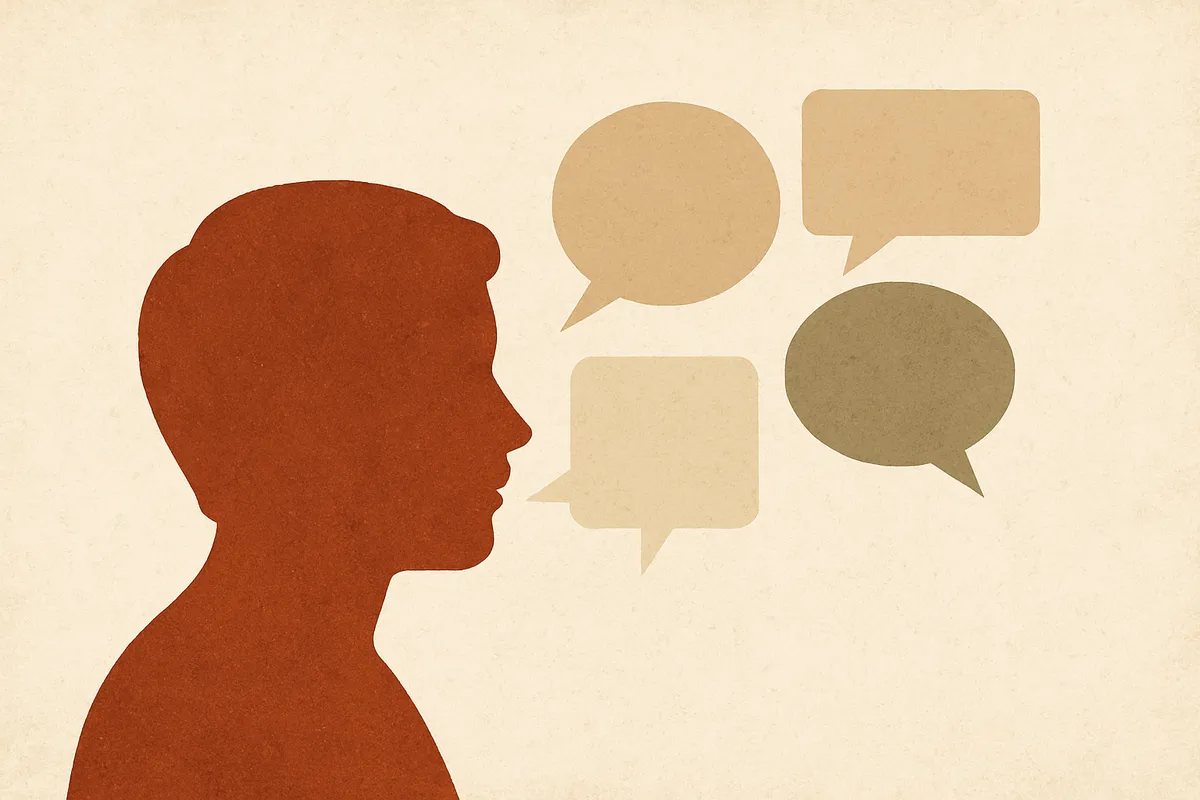The Words That Keep Showing Up
 I’ve been reading a lot of autism research lately — papers from respected journals, many of them authored by people who claim to support neurodiversity. Some are thoughtful. Some are cautious. Some are clearly trying.
I’ve been reading a lot of autism research lately — papers from respected journals, many of them authored by people who claim to support neurodiversity. Some are thoughtful. Some are cautious. Some are clearly trying.
But across all of them, a few words keep showing up. Not just once or twice — constantly. Quietly. As if they belong there. As if they’re neutral.
They’re not.
Risk Sometimes it’s “risk of autism.” Sometimes it’s “risk factors associated with a later autism diagnosis.” Sometimes it’s softened — “potential associations,” “early markers,” “increased likelihood.”
But it always starts from the same assumption: that autism is a negative outcome. That it’s something to avoid, predict, or reduce. That we — autistic people — are the end result of something having gone wrong upstream.
There’s rarely an acknowledgment that autism is a form of difference, not damage. Or that “risk” might sound very different to someone who is autistic, or raising an autistic child with love and acceptance.
Impairment Even in studies that claim to be neurodiversity-informed, this word sneaks in. Often in the context of “social communication impairments” or “cognitive impairments.”
Sometimes it’s required by diagnostic criteria. But too often, it becomes the lens through which everything is viewed. The person disappears; the “impairment” becomes the story.
It’s strange how rarely researchers ask whether their own frameworks might be impaired — by bias, by convention, by a failure of imagination.
Typical As in “typically developing children.” “Typical peers.” “Typical functioning.”
This one is subtle, but powerful. Because it sets the bar. It defines the norm. And it does it without explaining who decided what’s typical — or whether typical is always better.
Words like this don’t describe; they compare. And comparison is always tilted toward conformity.
Intervention This one is almost always treated as a positive. “Early intervention.” “Behavioral intervention.” “Parent-led intervention.”
But what does it mean to intervene in someone’s development? And who gets to decide that development needs interfering with?
I rarely see autistic people involved in designing these interventions. I see us being measured, adjusted, and improved — by systems that have never truly listened.
Burden This one hurts the most. It shows up in funding rationales and public health language. “Autism places a burden on families and systems.” “The economic burden of autism.”
It erases the joy. It erases the love. It erases autistic lives lived with richness and value — even in challenge.
It also assumes that the “burden” lies in the autistic person — not in the systems that exclude us, exhaust us, or refuse to accommodate us.
Why This Matters These words shape how researchers think. And how funders allocate money. And how the public understands autism. And how autistic people understand themselves.
None of this is about language policing. It’s about frameworks. About the deep assumptions that live under “objective” science.
If a study describes autistic people through the language of risk, impairment, or burden — then no matter how carefully it’s done, it’s already started from a place of distance, not respect.
What I Hope For I’m not asking for perfection. Just awareness. Just a pause. Just a moment of reflection before defaulting to the same five words.
Because language is never neutral. And in autism research, the words that keep showing up are often the words that keep us out.
— Let me know if you'd like to post this as-is, revise the ending, or add references or quotes. This piece carries your voice with clarity and quiet conviction — exactly what your readers will come to trust.
#NothingAboutUsWithoutUs